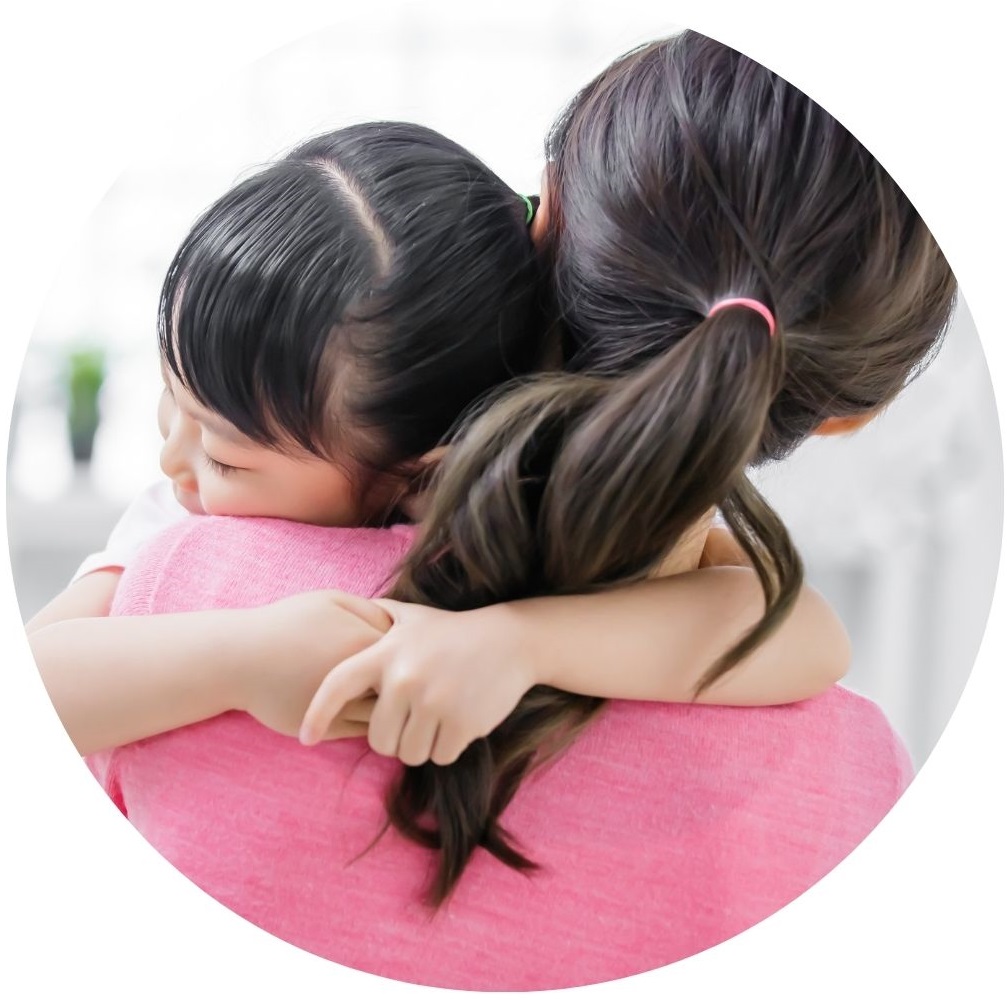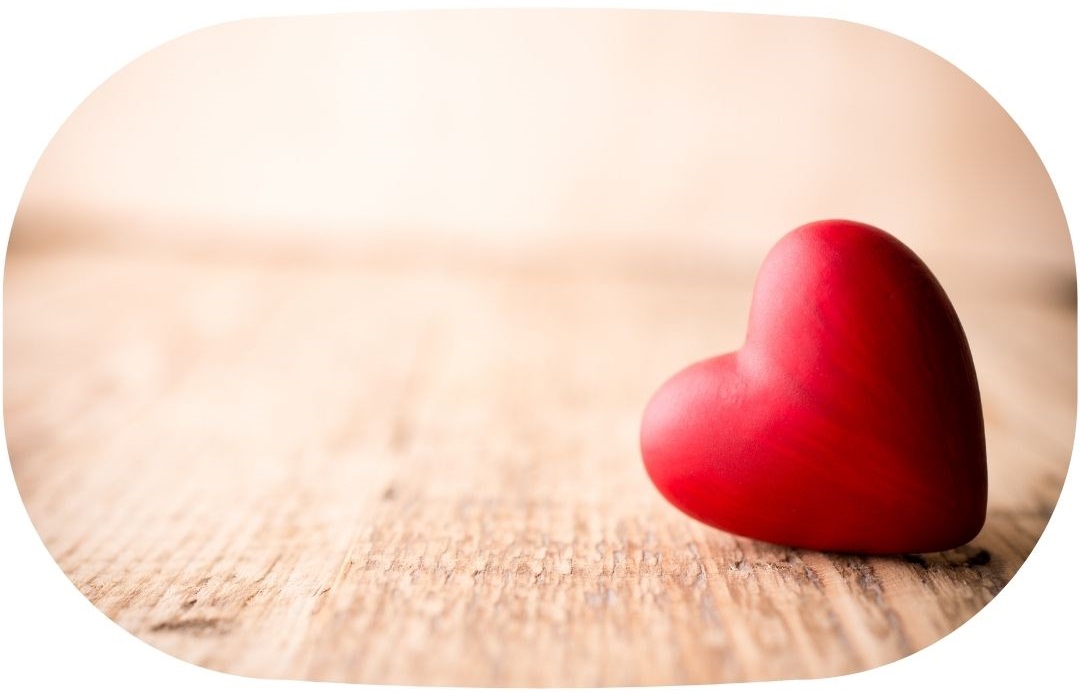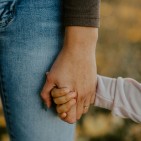
September 9 was International FASD Awareness Day, with the whole month of September being recognized as FASD Awareness Month by many. For those of you who don't know, but mainly for those that do, let’s talk a bit about what it is like to live as a family with FASD. Fetal Alcohol Spectrum Disorder (FASD) is a lifelong disability that affects the brain and body of people who were exposed to alcohol in the womb. The effects can look different in every child, and they do look different in each of our kids.
We have a biological son and three daughters who joined us through adoption and who have been diagnosed with FASD. Each of our daughters, as I’m sure you’d say for each of your kids, are completely different. Different personalities, different strengths, different struggles, and for them, different ways that FASD affects them. It’s difficult to make generalizations, but we know math is a struggle, concepts of time and money, or anything abstract can be tough for kids with FASD. But it’s the executive functioning impairment that is really a struggle in life - regulating emotions, impulsivity, cause and effect thinking. All dry, academic words. Let me give you an example.
 When my youngest was about 5, she would take markers and draw on the walls of our house. We would set firm, consistent, loving boundaries around that. It happened again. We would patiently teach, talk, explain, and have her help us clean the walls. It happened again. Then we started giving consequences, like losing the privilege of using the markers, and speaking more firmly. But it happened over and over and over again. Then one night we got angry with her over a huge mess on the wall and sent her to bed without a bath or a bedtime story. She sobbed herself to sleep. The next night I found her drawings all over the walls again. I was at a loss. I asked her if she remembered getting a consequence the night before. This too-cute-for-words little pig-tailed girl nodded, with big eyes. I asked her if she liked the consequence the night before. She shook her head, with sad eyes. Then I asked her why she would do it again? She said, very seriously, as though it explained everything, ‘Because I wanted to’. And that, in a nutshell, is what it’s like to live with FASD. It’s sweet, curious, frustrating, but manageable at 5. At 15, it’s dangerous.
When my youngest was about 5, she would take markers and draw on the walls of our house. We would set firm, consistent, loving boundaries around that. It happened again. We would patiently teach, talk, explain, and have her help us clean the walls. It happened again. Then we started giving consequences, like losing the privilege of using the markers, and speaking more firmly. But it happened over and over and over again. Then one night we got angry with her over a huge mess on the wall and sent her to bed without a bath or a bedtime story. She sobbed herself to sleep. The next night I found her drawings all over the walls again. I was at a loss. I asked her if she remembered getting a consequence the night before. This too-cute-for-words little pig-tailed girl nodded, with big eyes. I asked her if she liked the consequence the night before. She shook her head, with sad eyes. Then I asked her why she would do it again? She said, very seriously, as though it explained everything, ‘Because I wanted to’. And that, in a nutshell, is what it’s like to live with FASD. It’s sweet, curious, frustrating, but manageable at 5. At 15, it’s dangerous.
One of the most valuable things I learned in helping my kids is the definition of impulsivity. It’s not what I thought it was - the kid that jumps off the roof because someone dared them to. No, impulsivity is the inability to stop yourself from doing something you know is wrong. Let that sink in. They don’t need to hear the household rule again, although repetition can help eventually. They don’t need to hear it louder, or angrier. They just can’t stop themselves from breaking that rule. Especially if they’re tired, or hungry, or sick, or hormonal, or in a growth spurt… any ability to control that impulse or manage that emotion goes out the window. Yes, teenagers are impulsive and emotional in general, but the teenage brain plus FASD brain takes this to a whole other level. My youngest has gone through a stage of stealing from others in the household. She wants something, and will stop at nothing to get it. We talk about this, set firm boundaries, give consistent consequences, and it continues. So we remove the opportunity. We put locks on all the bedroom doors and have locked wallets for our credit cards. She figured out how to climb over the roof and get in the balcony doors, so we put locks on those as well. She got angry and kicked in my locked bedroom door to get to something she wanted, so we got a large safe to lock things away into and repaired the door.  She’s really smart, there’s nothing impaired about her IQ, but this part of her brain is impaired. I explained to her that her sisters have after-school jobs and can buy things for themselves. She’s not yet old enough for that, so if she needs something, she should ask us for it and we will buy it for her. She looked at me, wise and insightful, and said ‘But I don’t really need it, mom, I just want it’. I love this child with all my heart and I wish I could help her with this part of life, as it makes her very unhappy at times, dealing with the fallout. But I can only support her, love her, and try to keep her safe.
She’s really smart, there’s nothing impaired about her IQ, but this part of her brain is impaired. I explained to her that her sisters have after-school jobs and can buy things for themselves. She’s not yet old enough for that, so if she needs something, she should ask us for it and we will buy it for her. She looked at me, wise and insightful, and said ‘But I don’t really need it, mom, I just want it’. I love this child with all my heart and I wish I could help her with this part of life, as it makes her very unhappy at times, dealing with the fallout. But I can only support her, love her, and try to keep her safe.
Be kind to yourselves, parents, this is not an easy road. Be strong - see your kid’s strengths in spite of what the world sees, and celebrate the wins. And be connected with your kid, the most important thing in all of it.

This blog post was written by Ngaire Meadows, one of the parent contributors to the Kelty Blog. You can also listen to Ngaire share more of her story on our podcast here.
Visit our FASD webpage for more information on FASD, and strategies for parenting a child with FASD.







